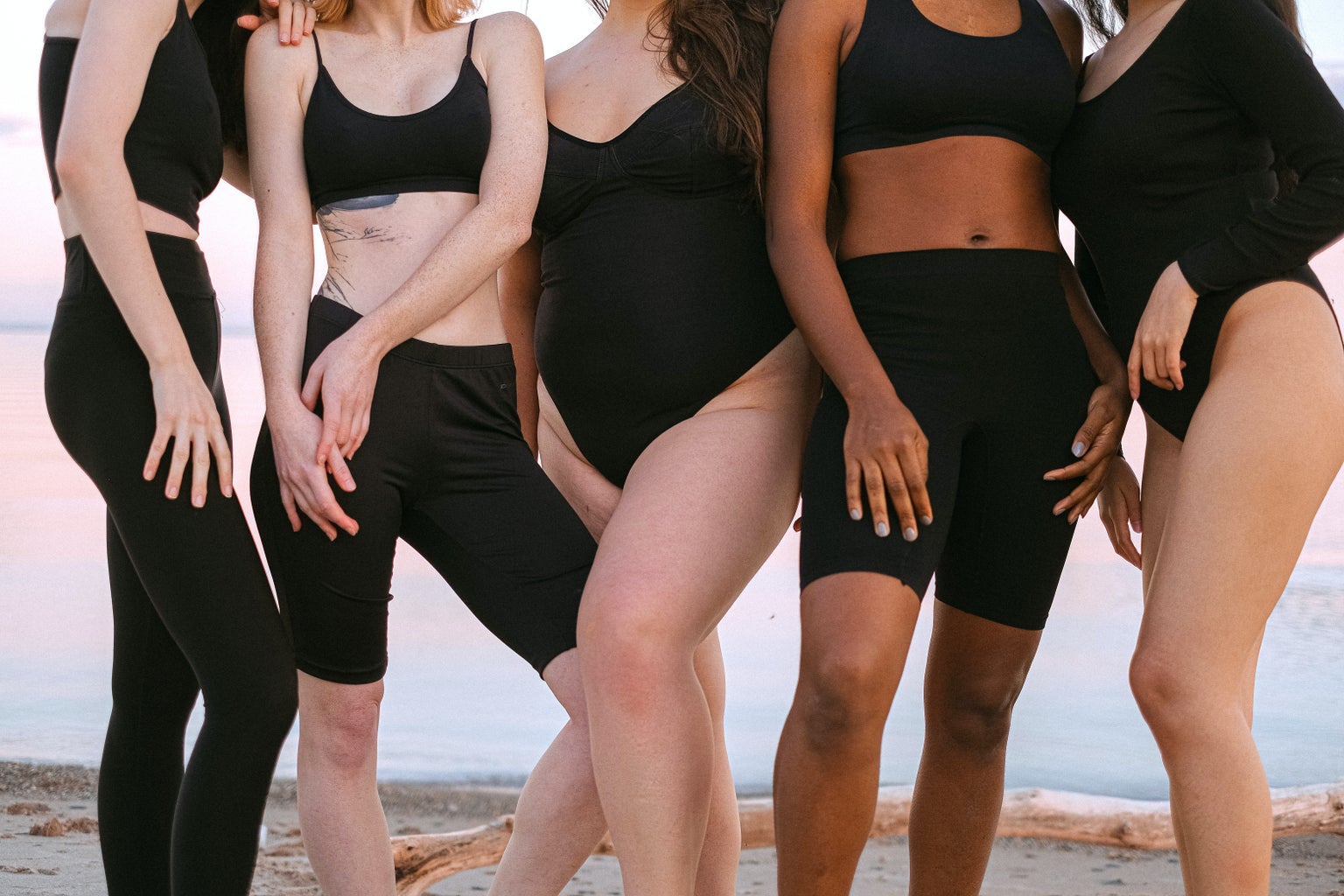The average age a child first comes across porn is 11 years old.
Now, think back to your 11-year-old self. If you were lucky enough to have had the “porn conversation” with an educator or parent before being exposed to that material, chances are you consumed porn in a somewhat healthy and critical way.
But if you did not have the chance to talk about pornography with an older person before clicking on “Edward Penishands” or “ET: The Extra Testicle,” that content was probably harmful to your sexual development and education.
Porn and Unrealistic Expectations
In conversation with Her Campus, Avril Louise Clarke, a clinical sexologist, explained that pornography is a type of mass media like any other. She urges consumers to be “as critical of porn as they are of every other form of media.”
The sexologist maintains that just like television or social media, porn communicates many mixed messages to its audience. Some of the messages, says Clarke, are rooted in sexism and racism and set unrealistic expectations for what sex truly is.
According to Clarke, conventional porn conveys the idea of sex as an exact order of operations: Kiss. Go on your knees. Suck penis. Bat lashes. Ejaculate.
“Once sex doesn’t really go that way – because it is just unrealistic – people tend to feel guilty and think ‘oh am I doing something wrong?’” claims Clarke. The purpose of sex shifts from pleasure to performance.
Clarke adds that treating pornography as a step-by-step sex guide tends to result in non-consensual behaviors and a lack of boundaries.
Since uneducated porn watchers think they know how to reach pleasure by imitating what they see in porn, the need to have open conversations about “what really feels good” seems trivial and unnecessary.
Clarke holds that in order to consume porn in a critical way, viewers must reflect on the types of bodies most commonly seen in pornographic productions.
“We see super large penises and perfectly symmetrical breasts, with no body hair… This leads us to be more critical of our bodies and our partners’ bodies,” says Clarke.
Evidence shows that the unrealistic and unachievable body expectations set forth by porn are associated with viewers’ “negatively perceived body image and sexual body image.”
Aastha Vohra, CEO and co-founder of Manzuri, a sexual positivity startup, told Cosmopolitan that “putting otherwise unseen, ‘desirable’ body parts under the spotlight can result in increased insecurities. And when one begins perceiving his or her own body as ‘undesirable’, it can stimulate severe anxiety — which turns out to be a leading contributor to body dysmorphia.”
According to the study “Worse Than Objects: The Depiction of Black Women and Men and Their Sexual Relationship in Pornography,” Black actors and actresses are disproportionately assigned to porn roles that involve themes of aggression and violence.
The research revealed that porn consistently perpetuates harmful stereotypes while fetishizing and objectifying Black individuals.
The same could be said for Latinx bodies and the “Spicy Latina” stereotype. A simple Google search of “Spicy Latina Porn,” results in about 56,700,000 entries. Some of the titles include: “Spicy Latinas, Mexican Girls, Brazilian Babes” and “Everyone Loves Spicy Latina Girls.”
“Why is porn fetishizing and objectifying certain races and not just celebrating diverse bodies in general? Porn should reflect real life, with real people,” claims the sexologist.
Once consumers separate porn from reality, being fully aware that porn is not an accurate representation of sex and real life, they engage with that content in a critical and intelligent way.
How The Porn Conversation is Revolutionizing Sex Ed.
To the happiness of some and sadness of others, porn is not going anywhere.
With that in mind, Erika Lust and Pablo Dobner, founders of a sex-positive cinema production company, Lust Films, created a non-profit organization called The Porn Conversation.
The organization was created out of the need for more productive conversations surrounding porn.
“With the ever-growing online sex culture of today, we can’t stop the younger generation from ever being exposed to sexualized images,” wrote Lust and Dobner on the organization’s website. “It is unrealistic to think your kid won’t come across porn,” argued Clarke.
Once parents and educators recognize that shying away from porn will not make it disappear, they can focus on teaching kids and young adults to be more aware and critical of porn and the messages it communicates.
The non-profit adopts a porn literacy framework, offering a range of easily accessible resources to aid parents and educators in the “porn conversation.”
For example, the organization provides curriculums and activity guides for each age, ranging from 8 to 16 years old. By the end of each curriculum, students will be able to understand concepts such as “consent and respectful relationships” and “media literacy/porn literacy.”
“Our email is always open to any sort of questions regarding sex ed, sexual health and porn literacy,” adds Clarke.
The sexologist emphasizes that The Porn Conversation does not aim to shame or condemn porn consumers. “We are not discouraging porn, but encouraging a critical approach to this form of media,” says Clarke.
The ultimate goal of the organization is to teach young adults how to separate the presence of porn from reality while asking themselves if what they see being portrayed in porn truly aligns with their values.
Porn is like watching “The Kardashians:” Is it entertaining? Yes. But at times, does the Kardashian clan represent what is fundamentally wrong with society nowadays? Also yes.
However, watching it critically means that you are aware that their lifestyle is completely problematic and requires understanding that the sisters aren’t exactly “role models.”
Porn is the same. Consuming it critically encourages viewers to not engage with nor replicate the negative messages it communicates. Having open conversations about porn, instead of pretending it does not exist, is the first step in the process of nurturing a healthy relationship with porn and sex.




